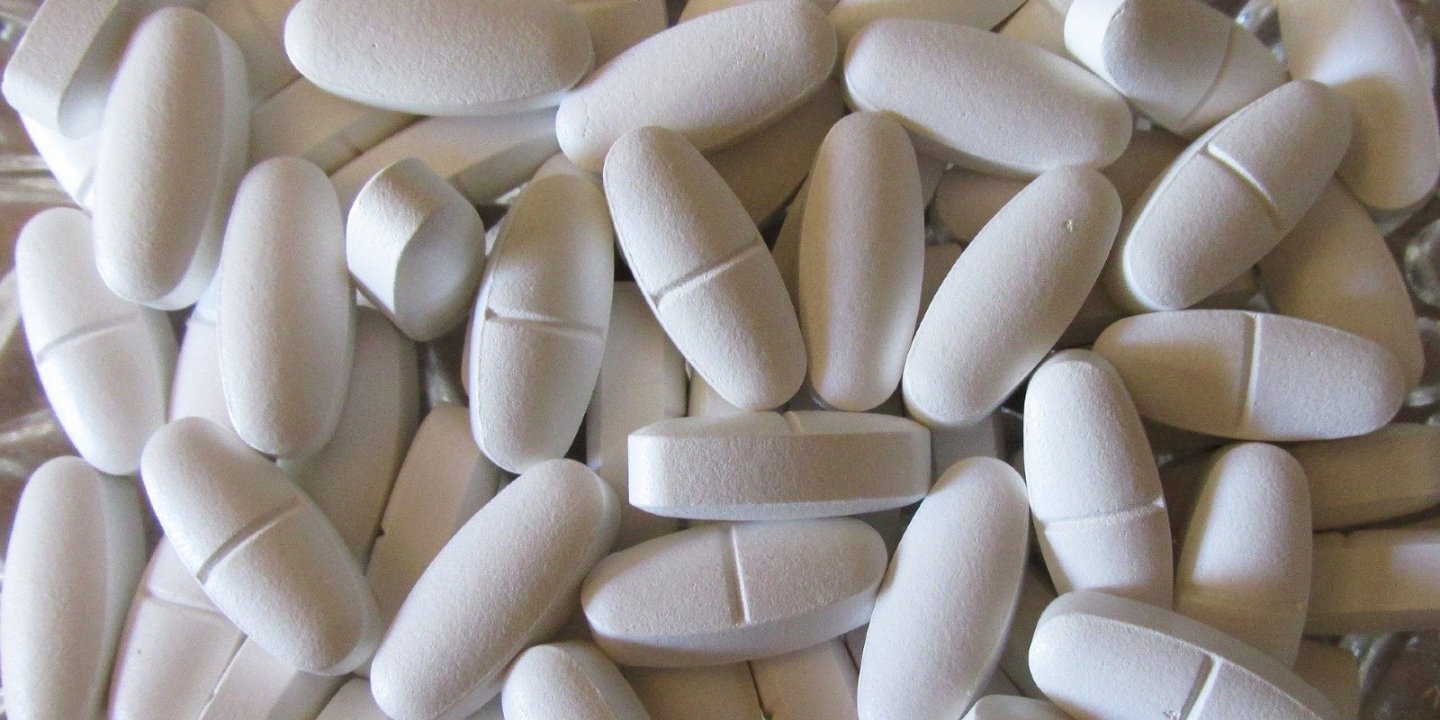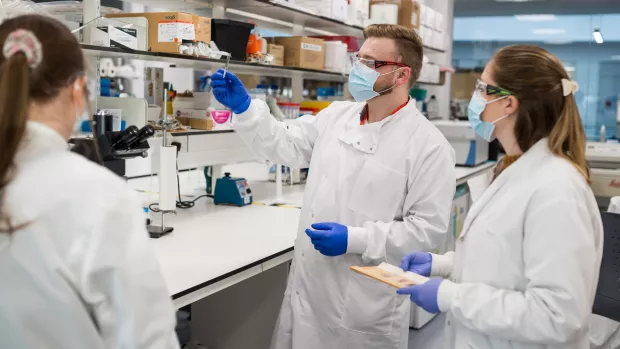
New insights into vitamin D and MS
A study by Dr Ruth Dobson and colleagues at Queen Mary University London found that people with MS had higher levels of vitamin D than people without MS, because they were more likely to take a supplement.
We know vitamin D plays a role in your risk of developing MS but we don’t yet know whether vitamin D supplements could help reduce relapses or slow progression in MS.
About vitamin D and MS
We get most of our vitamin D through sun exposure. Because of the UK climate, the NHS recommends everyone living here takes a daily vitamin D supplement and some neurologists advise people with MS to take higher doses.
The first step to discovering whether vitamin D supplements could help treat MS is to find out whether vitamin D levels are different in people with MS compared with the general population, and if so, why.
Now Dr Ruth Dobson and colleagues at Queen Mary University London have the answer: in their study, people with MS had higher levels of vitamin D because they were more likely to take a supplement.
Read the full study on the journal website
Studying vitamin D remotely
The team looked at data from 388 people with relapsing, primary progressive and secondary progressive MS. Each participant was asked to recruit a friend of a similar age without MS to take part as well.
Using the UK MS Register, participants filled in surveys asking whether they take vitamin D supplements, as well as questions like how much time they spend outdoors, their use of sun protection and even how often they eat oily fish (another possible source of vitamin D).
They also received kits to collect their own blood samples so the researchers could measure their vitamin D levels. This is the first study to investigate vitamin D remotely, with participants only needing to travel as far as the nearest post box.
Higher levels of vitamin D the result of taking supplements
The researchers found that people with MS spent significantly less time doing outdoor activities (and therefore getting vitamin D from the sun) than those without MS. Yet they had higher levels of vitamin D.
The main cause of this difference was that more people with MS took vitamin D supplements. Almost ¾ of people with MS in the study (72%) said they took a supplement compared to only a quarter (26%) of people without MS. Of those taking supplements, the dose was also higher in people with MS.
However, when the researchers only looked at people who were not taking supplements, people with MS had lower levels of vitamin D than people without. We don’t yet know exactly why this might be, but researchers are looking at things like the interaction between your genetics and your vitamin D levels.
One of our top 10 research priorities
Our Assistant Director of Research, Dr Emma Gray, said: “Understanding the potential benefits of vitamin D supplements as a disease modifying therapy for MS is one of our top 10 research priorities.
"We are proud to have funded this study. It has given us a valuable insight into the vitamin D levels of the UK MS community which is vital for informing the design of future studies. The UK MS Register is a really important tool for gathering data from people with MS around the country and we’re really grateful to all those who took part.”
Dr Ruth Dobson, who led the study, said: “More work is now needed to establish whether these findings can be generalised to the entire UK MS community. Importantly, most of our participants identified as White British.
"An important finding is that researchers need to use a range of recruitment methods in order to make sure that all people with MS have a chance to take part in studies like this. We had planned to do work around this, but unfortunately it has been put on hold due to COVID-19”.


